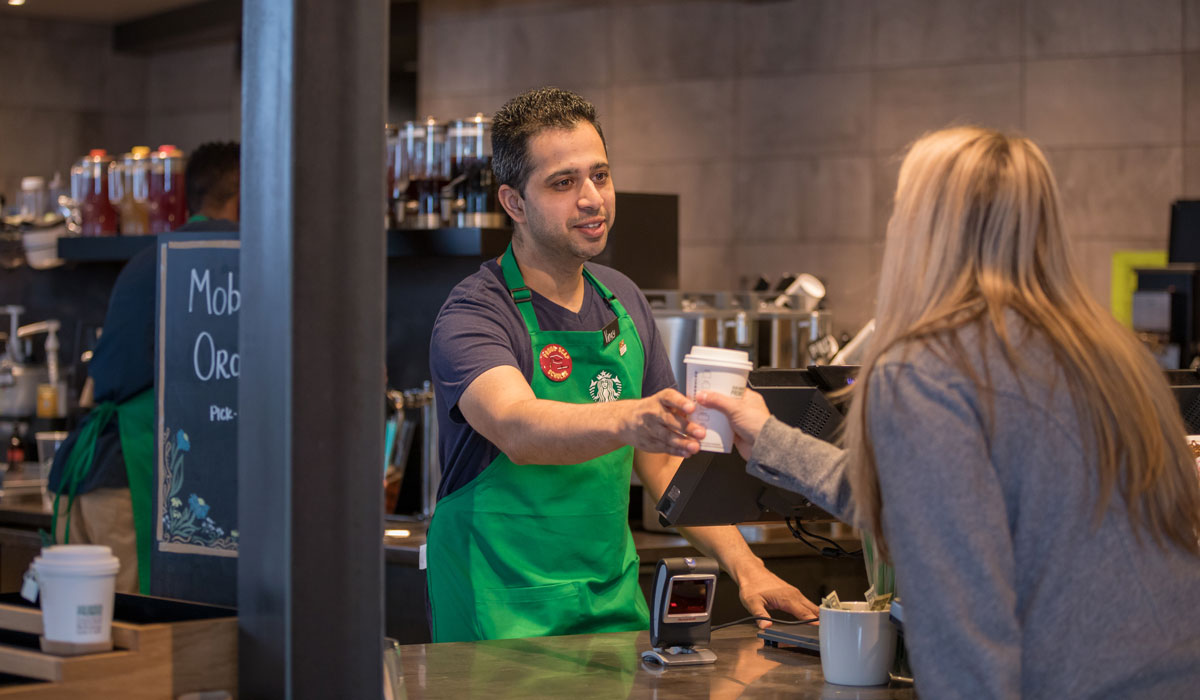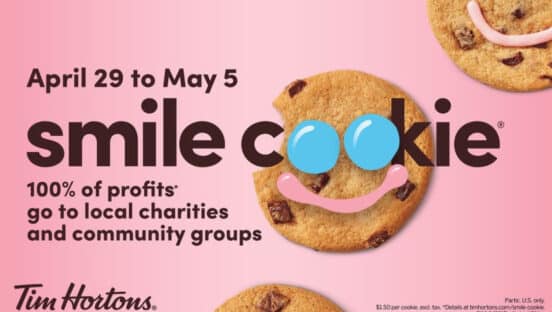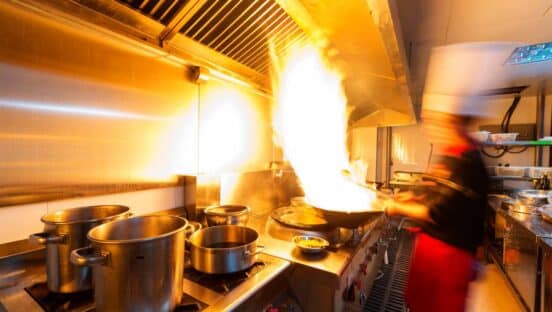Starbucks is preparing to introduce “one of the most substantial investments in pay in our company’s history,” U.S. corporate president Rossann Williams said in an internal memo, first reported by Business Insider.
The coffee giant will give all employees at least 10 percent raises by December 14. That covers baristas, supervisors, and café attendants.
Employees with three years of continued service will receive at least an 11 percent bump. Starbucks added it would implement at least a 5 percent pay increase to all start rates. The company also plans to increase the premium it pays above minimum wage in every market.
Starbucks representative Reggie Borges told BI this was “the next phase of our commitment to ensuring the well-being of partners with one of the most significant investments to hourly pay in the U.S. in the history of the company.”
READ MORE: Starbucks to Close 800 Stores as it Readies for the Future
There remain multiple petitions online asking Starbucks to go further, including $15 starting rates for all employees. A nationwide minimum wage of $15 an hour is part of President-elect Joe Biden’s “Main Street recovery plan,” which was shared online earlier in November. Additionally, Biden called for an end to tipped minimum wages and sub-minimum wages for people with disabilities. He’s also presented the idea of universal paid sick days and 12 weeks of family and medical leave. Read more about what Biden’s win could mean for restaurant labor here.
Starbucks invested in employees throughout COVID-19. It expanded “catastrophe pay” for COVID care in March. Any employee who was diagnosed with or exposed to coronavirus, or came into contact with someone in their store or house who was exposed or diagnosed, was eligible for up to 14 days of catastrophe pay so they can self-quarantine, regardless if they’re symptomatic. After use of catastrophe pay, workers could utilize sick pay, vacation pay, or personal time off as available. If employees were unable to return after 14 days, pay replacement may be made up to 26 weeks.
Older workers who were at-risk due to underlying conditions were also eligible for 14 days of catastrophe pay with a doctor’s note.
To assist employees impacted by COVID-19, Starbucks also matched 50 cents for every $1 donated to its CUP Fund, which was started 22 years ago to support employees with unexpected financial hardship.
Starbucks offered a $3 per hour “service pay” raise in the heart of the pandemic as well.
In April, the chain deployed $10 million to form the Starbucks Global Partner Emergency Relief Program to assist workers at company-operated and licensed international stores.
As part of the program, employees facing “extreme” hardship during the pandemic had access to one-time, direct relief grants.
The money, which backed Starbucks’ existing CUP platform, also allowed international licensed stores to set up funds for employees through the Emergency Assistance Foundation, with Starbucks contributing an initial investment.
The company said this as the first time in its history company-operated and international licensed market store employees across Starbucks could access hardship grants. Creating a pathway for international licensed markets to set up their own funds was also something the brand had never done.
Also since April, U.S. Starbucks employees and their family members have been eligible for 20 free mental health sessions per year through Lyra Health. The benefits include evidence-based mental health treatment along with access to healthcare providers that meet individual needs. This followed the addition of Headspace (a daily meditation app) to Starbucks’ suite of benefits in January.
The company’s Q4 same-store sales declined 9 percent globally, driven by a 23 percent decrease in comparable transactions, partially offset by a 17 percent jump in average ticket. Americas and U.S. comp sales declined 9 percent as well, thanks to a 25 percent fall in traffic and a 21 percent increase in average ticket.
Figures progressed throughout Q4, down 14 percent in July before improving to negative 11 percent in August and negative 4 percent in September.









